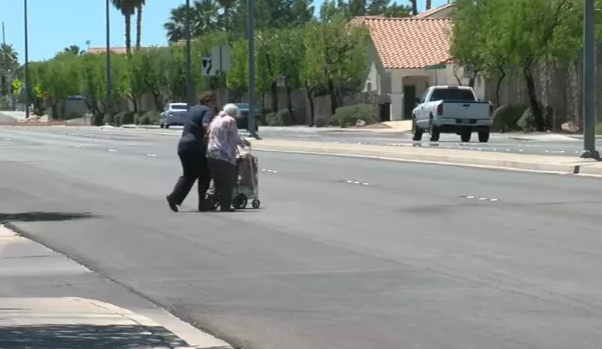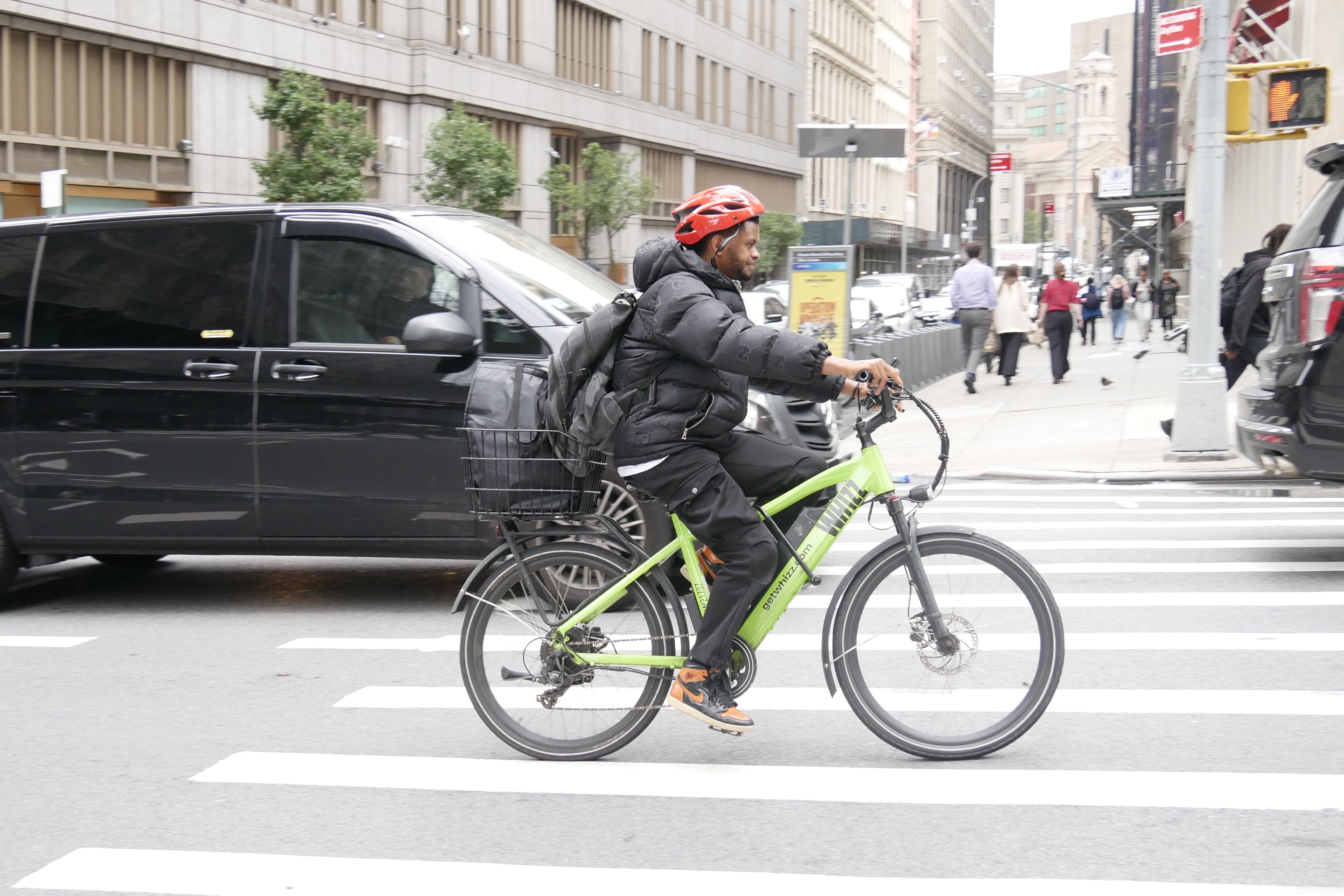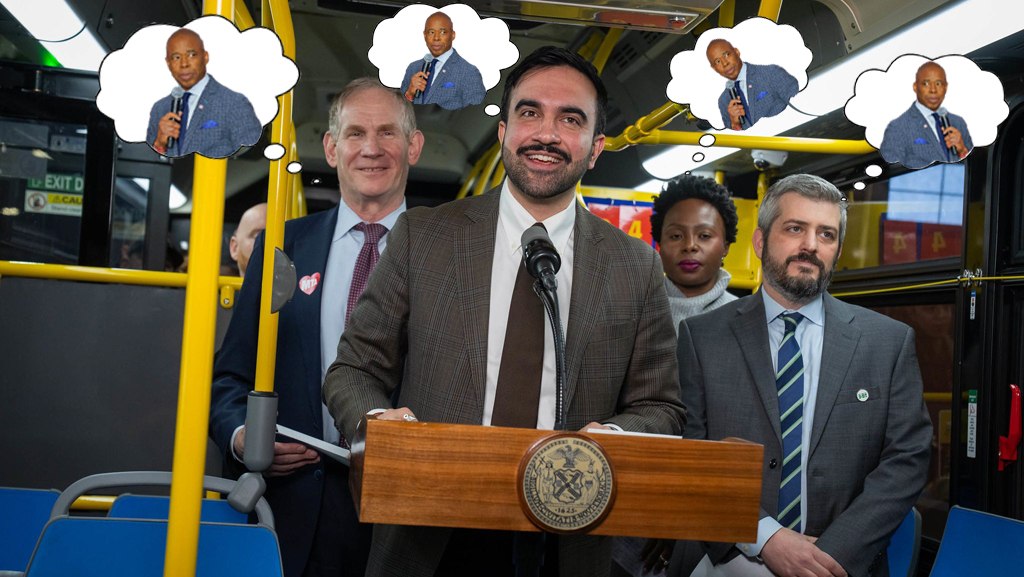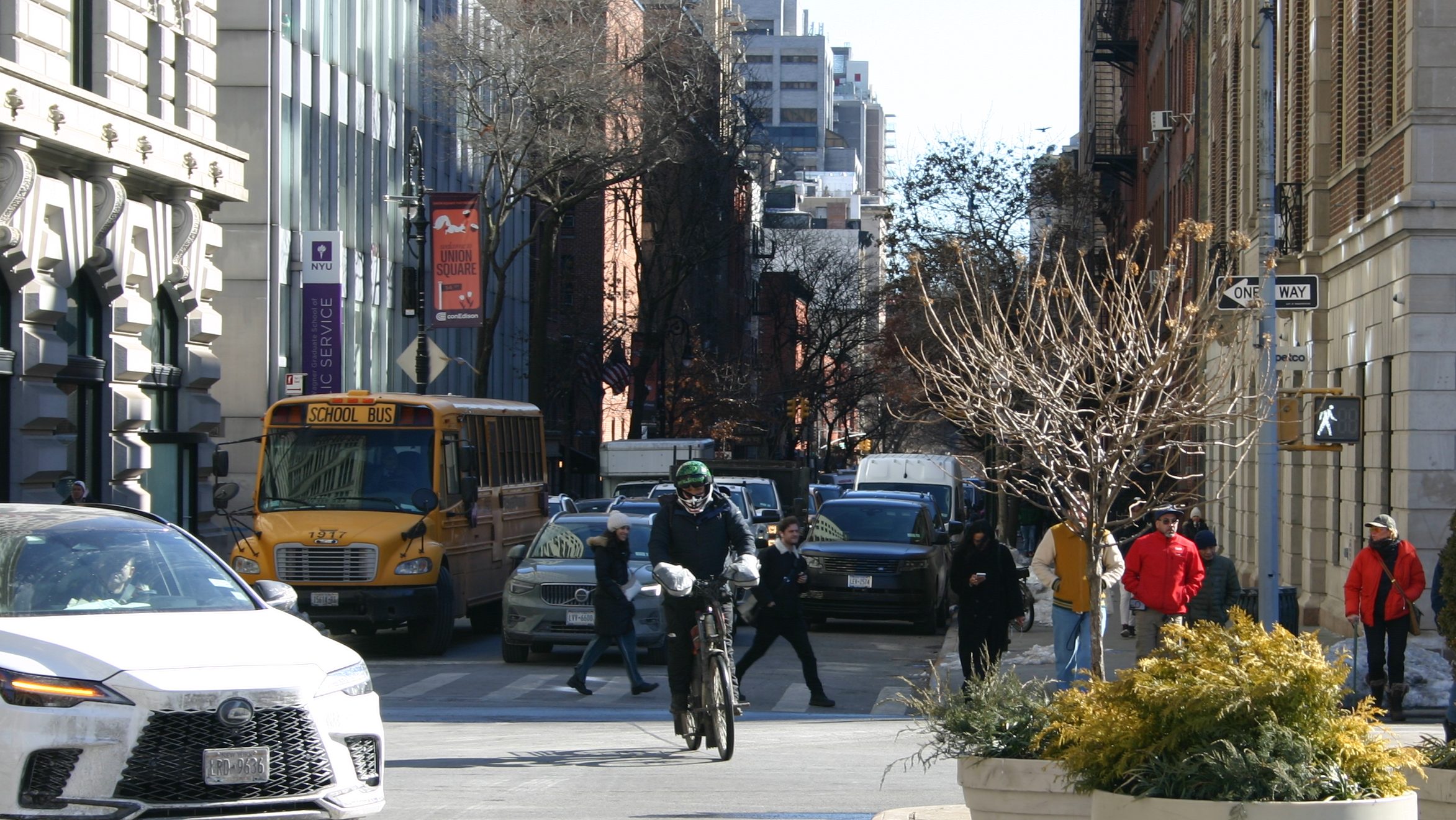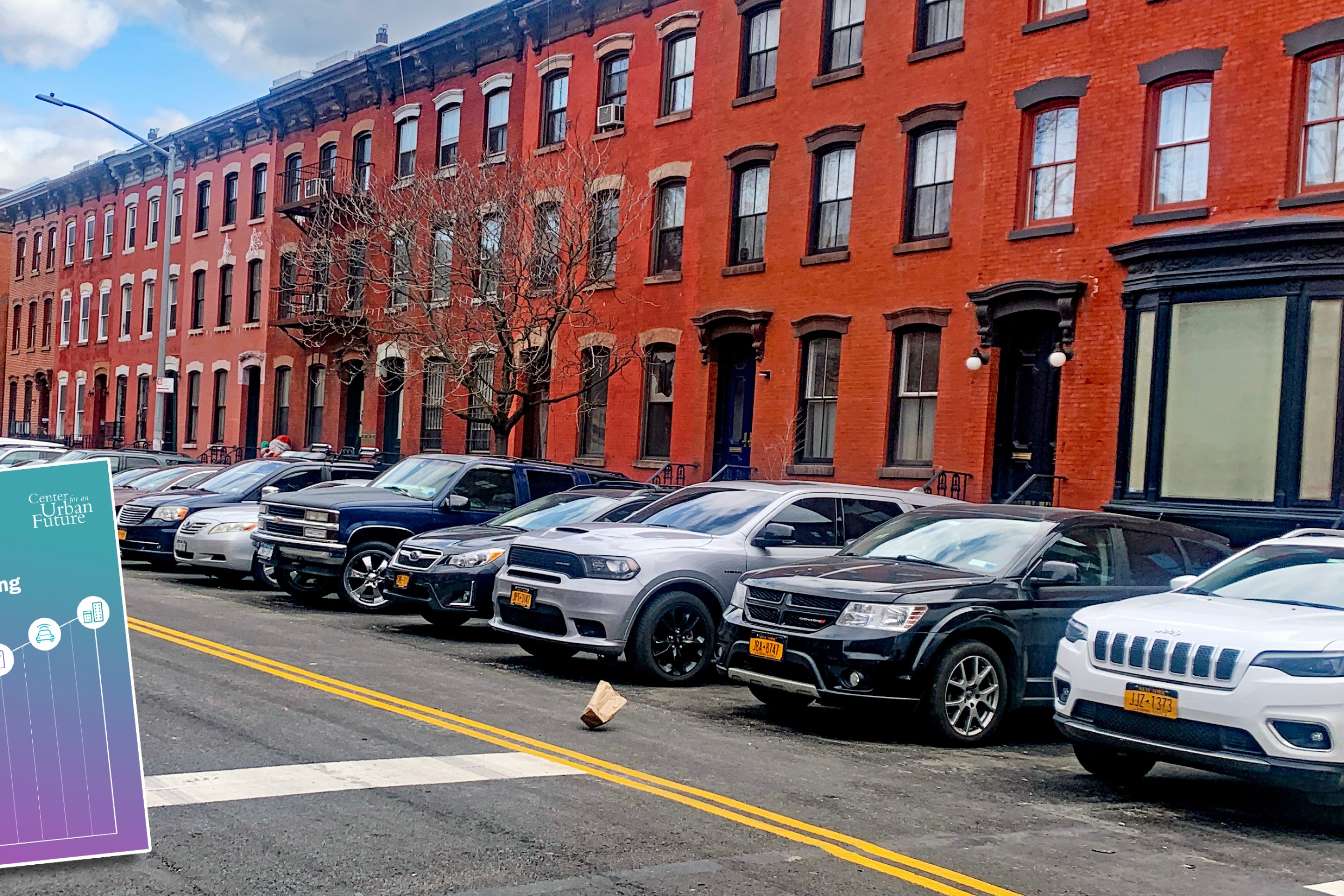Media coverage of pedestrian fatalities is literally a matter of life or death. When a driver hits and kills another person with a car, the reporting that follows has a huge influence on how we respond -- or if we choose to respond at all.
In a new paper published by MacEwan University, Heather Magusin analyzed 71 media accounts of 10 pedestrian and cyclist fatalities in Edmonton, Alberta, in 2016.
Magusin developed a framework that will ring true to people who question why preventable traffic deaths are so often referred to as "accidents." Here are the rhetorical patterns she identified in these press accounts that serve to dehumanize victims and gloss over acts of dangerous driving.
Use of passive voice
Press accounts tend to use the passive voice when describing traffic fatalities. As in, “A pedestrian was hit by a car." Only three out of 71 articles used the active voice.
The passive voice "conveys subtle messages about blame and responsibility," writes Magusin, "distancing the driver from the act." And that affects the way people perceive events and assign culpability.
Obscuring the driver's role
The corollary to usage of the passive voice is to frame the vehicle, not the driver, as the agent of violence.
In 33 of the 71 stories, the vehicle was the subject inflicting harm on a person. Another 24 stories did not mention the driver or the vehicle -- both were obscured through use of the passive voice.
Even in drunk driving cases, the motorist "was never directly associated with active verbs of death or violence," writes Magusin, "suggesting that, regardless of culpability, there is resistance to associating drivers with the violence of traffic incidents."
The word "killed" appeared in 23 stories, but almost never as an act committed by a driver. Only two stories used the verb that way.
Denial of victim's identity
In 42 stories, no biographical details were used to describe the victim. In an additional 18 articles, the only descriptor was the victim's age. Only eight headlines ascribed humanizing qualities to the victims -- "beautiful young girl" or "always happy," for instance.
The victims who were portrayed more sympathetically tended to fit a type that Magusin calls the "ideal victim," meaning they "were likely seen as more vulnerable and innocent due to their age and female sex."
"Pedestrian deaths are reported as isolated incidents with no human repercussions and no link to larger systemic health and safety issues, and drivers are nearly always rhetorically and linguistically absolved from blame," Magusin concludes. "This reflects the social reality of pedestrians, one that prioritizes vehicle traffic over pedestrian safety and enforces both physical and rhetorical car-dominance."
The exception: Drunk driving
There was one type of crash where exceptions to these rules tended to surface. More culpability was assigned to motorists in drunk driving cases. Two of the three headlines that used the active voice, for example, were about drunk driving crashes.
While the discrepancy is troubling, it also shows that norms aren't immutable.
One local paper -- Metro Edmonton -- now has a policy to use the active voice in headlines about collisions involving pedestrians and cyclists. Magusin holds this up as a sign that advocates are shifting the narrative about traffic deaths and bringing closer attention and more compassionate coverage to the issue.
